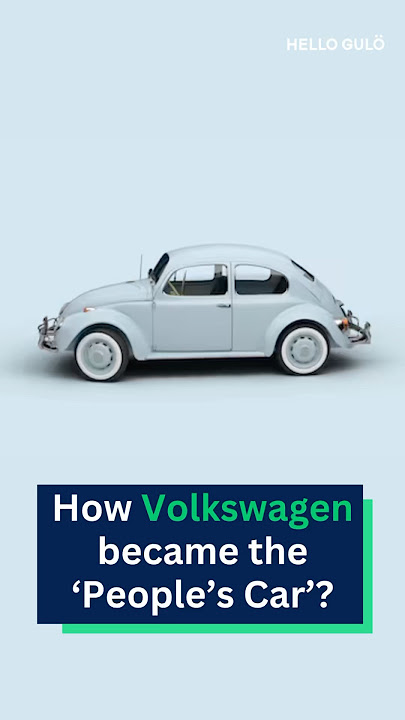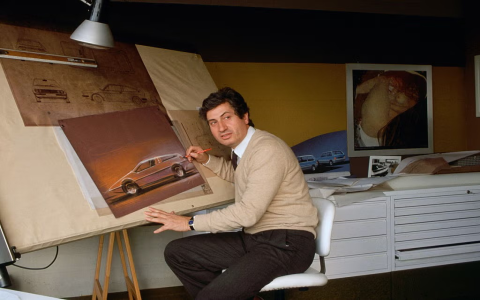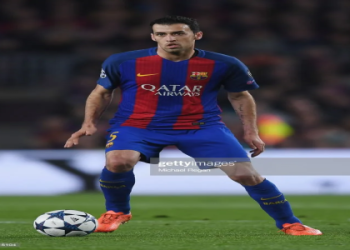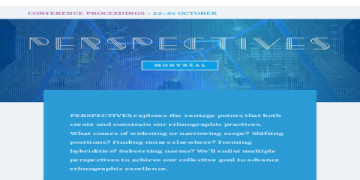The first time I called a Volkswagen “darling,” I was eight, pressed against the window of my uncle’s moss-green Beetle. Its round headlights winked like friendly eyes, and the chrome bumper grinned wide enough to swallow the whole driveway. That wink was a promise: adventures would fit in a 40-horsepower heart. Forty years later, the promise still holds; the only thing that’s changed is the size of the driveway.
Volkswagen’s story is a scrapbook of family photos taken by strangers across continents. In one frame, a 1955 Split-Window Bus ferries surfers to Malibu, wood-panel stickers peeling like sunburn. In another, a 1974 Rabbit squeezes through narrow East-Berlin streets the week the Wall thinned, stereo blasting Bowie. Flip the page: a 2019 ID.3 glides past Amsterdam canals at dawn, its underfloor battery reflecting butter-colored gables. Different decades, same affectionate nickname whispered in dozens of languages: “das Auto,” “la coccinelle,” “the people’s car,” always spoken with the soft vowels reserved for darlings.
What turns steel and aluminum into something you greet every morning like a friend? Engineers will cite lateral-acceleration curves and thermal-efficiency maps, but real affection is brewed in smaller moments. It’s the way a Golf MkII’s glove-box hinge still clicks tight after 300,000 miles, sounding like grandpa closing his tobacco tin. It’s the scent of warm wax and clutch fiber that reminds you of learning stick-shift in a grocery-store parking lot, Dad’s hand steady on the emergency brake, Mom laughing in the back seat because you killed the engine again. Volkswagen never patented that recipe; it just kept building cars that left room for memories to germinate.

Even scandal could not erode the affection. When dieselgate detonated in 2015, owners faced a moral crossroads: condemn or forgive. Many chose a third option—understand. Forums filled with threads titled “Still My Darling,” where drivers posted fuel-consumption spreadsheets beside photos of odometers ticking past 500,000 km. They demanded cleaner air and cleaner corporate ethics, but they also refused to demonize the hatchback that once drove their newborn home from the hospital. The brand responded with battery labs, open-source software audits, and a €52-billion electric vow. forgiveness became a collaboration rather than a gift.
Today the darlings are multiplying. In Norway, an e-Governor program lets teenagers earn licenses in ID.4s powered by fjord-fed hydro plants. In Mexico City, restored Beetles serve as mobile libraries, their rear benches replaced with bilingual fairy-tale shelves. And in Shanghai, a software update beams Mandarin bedtime stories through an Atlas crossover’s speakers while it fast-charges, turning parking garages into 20-minute nurseries. The shape-shifting is endless, yet every iteration carries the original wink: I am small enough to belong to you, large enough to carry your tomorrow.
Perhaps that is the final definition of a darling—it expands to fit the love you invest. My uncle’s Beetle now lives under a tarp in my garage, its floor pans polka-dotted by Michigan salt. One afternoon my daughter dragged the tarp away, revealing the same moss-green grin. She climbed inside, turned the cracked steering wheel, and announced her road-trip playlist—songs that won’t be written for another decade. The odometer read 999,999, unable to count any higher. I like to think it gave up counting and decided to believe in forever instead.
So we slammed doors that still sang the same metallic lullaby, fastened aftermarket seat belts I’d installed the night before, and rolled down windows crank-by-crank. No GPS, no regenerative braking, just four cylinders boxing at the air like an old couple dancing in the kitchen. The Beetle coughed, caught, and purred. My daughter laughed—the same peal my uncle once coaxed from me—and suddenly the driveway dissolved into every road that ever mattered.
Darlings, after all, never really age; they just wait for the next child who needs to go anywhere and everywhere, powered by nothing more than a memory of trust and a tank that somehow always registers half-full.

















